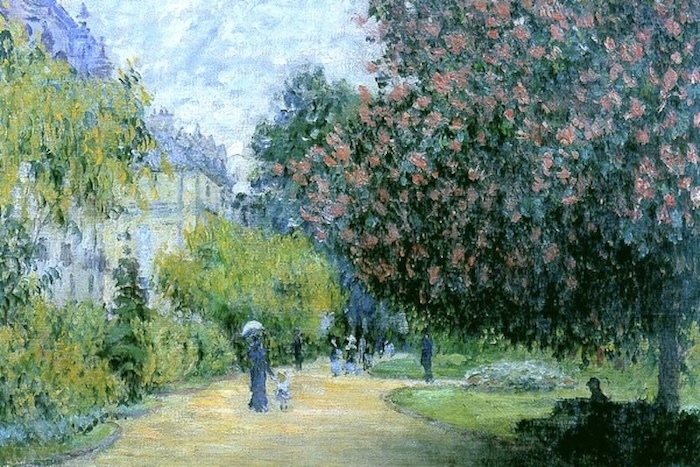
The Art of the Critic: On Henry James and the State of Literary Criticism
“The floods of tepid soap and water which under the name of novels are being vomited forth in England, seem to me,” Henry James wrote, “to do little honour to our race.” In February 1884, 40-year-old James dismissed contemporary British novels in a letter to American novelist and editor William Dean Howells. James then went on to laud Howells as “the great American naturalist” before tempering his praise: “I don't think you go far enough, and you are haunted with romantic phantoms and a tendency to factitious glosses; but you are in the right path, and I wish you repeated triumphs there.” James had opinions. He also had the language — and the critical sensibility — with which to effectively, and lyrically, express those opinions. Criticism without flair is dull, and criticism without sensibility is useless. James had plied his critical trade for years; a notable early work was a terrible gift for Charles Dickens a few days before Christmas in 1865. Writing of Our Mutual Friend for The Nation, James dismissed the novel as “poor with the poverty not of momentary embarrassment, but of permanent exhaustion.” Bleak House was “forced,” Little Dorrit “labored,” and Our Mutual Friend “dug out as with a spade and a pickaxe.” “Seldom,” James affirms, “had we read a book so intensely written, so little seen, known, or felt.”

